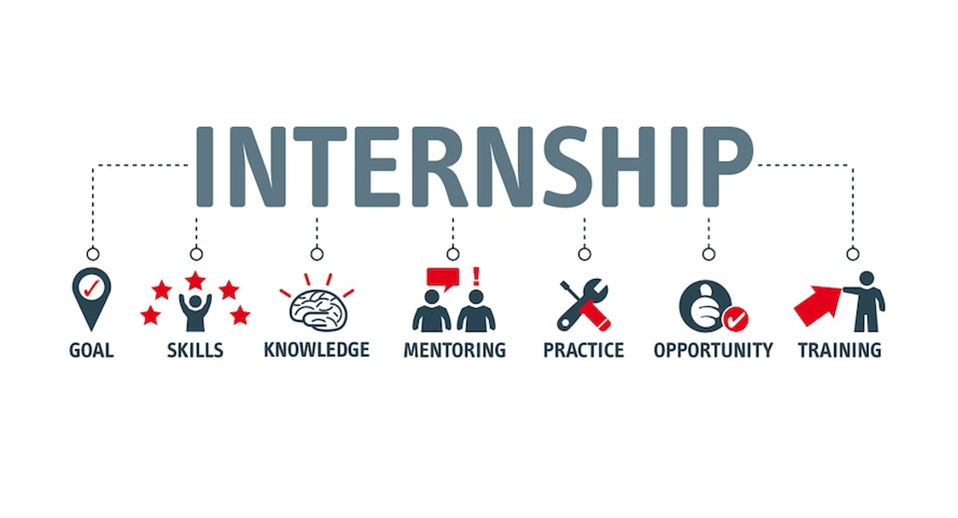
Completing our university studies puts an end to a phase, but it also opens doors which can lead to a new horizon of concerns and questions about where our professional career is taking us. Have I learned enough during my university degree? Am I ready to face the labour market yet? Years later, I reflect on these issues from a slightly different angle. I no longer face these questions as a recent graduate student of the European Master's Degree in Intercultural Communication, Interpreting and Translation in Public Services (Master CITISP) at the University of Alcalá (Spain), but as one of its collaborators. Therefore, my interest now lies in how universities can facilitate the integration of students into their future jobs.
The job market for translators and interpreters in the public service domain evolves with the economic, political, and social reality in which it is immersed, which inevitably requires multi-faceted and multidisciplinary professionals with transferable skills and a great capacity to adapt themselves to everchanging contexts. The most recent proof for this statement can be found in the COVID-19 health crisis, which has pushed against the ropes all the sectors of our world as we know it. Universities, as home to knowledge, must respond to social needs. Thus, designing training and education programmes should be consistent with the demands and requirements of the industry that will employ future graduates, both locally and internationally. However, the transition from the classroom to the workplace can be complex if there exist disparities between the profile of students when leave the classroom and the professional sector. One of the first ways students can encounter "real world" is through university internship programmes, where they apply the knowledge they have acquired during their training to several professional activities.
The Master CITISP of the University of Alcalá has been taught for more than a decade to train future translators and interpreters in administrative, legal, health and educational fields, who will act as interlinguistic and intercultural liaisons between public service providers and users. To complete their education, students are required to complete an internship in different centres and institutions (T&I companies, NGOs, universities, hospitals, courts, clinics, or schools), where they have the opportunity to progressively familiarise themselves with the internal functioning of the host entities and test their skills, supported at all times by a mentor who guides their activity. Representing an area of intersection between university and industry, internships are an ideal point to promote a vision where training and employability can complement each other.
In this sense, approved internship centres play a fundamental role in education stages. They can provide universities with information about their demands and expectations. In turn, and guided by key stakeholders, university curricula can incorporate updated knowledge in undergraduate, postgraduate or continuing education programmes, which allows students to develop a profile in accordance with the work context. Examining the vision of potential employers can be done by means of surveys and information days. However, with the advancement of social networks, an online platform could be a better option (or, why not, a Tinder-for-jobs App?). Each centre would complete an information sheet covering the basic characteristics of their work activity, the criteria they follow for hiring or what they are looking for in their employees. Defining these points clearly would help the industry to welcome graduates that have received training consistent with realistic professional characteristics and needs. For example, the popularity of remote interpreting or the need for basic notions of text and image editing and layout in the translation sector requires specific training, which the CITISP Master's has been implemented with optional complementary workshops for students. Of course, universities and employers are not the only voices that should be heard. Regardless of the university programme, students from previous editions carry very valuable lessons on the competences and skills that, presented in the classroom during their training, were useful in their internships and current jobs.
In short, internship programmes are a key stage in the transition from the classroom to the workplace that all students will irremeably face. As a middle ground between theory and practice, we find ourselves in a "limbo" that must be exploited to, on the one hand, integrate realistic and updated knowledge into training programmes that respond to the profile of employers and, on the other hand, to train competent and prepared students who know how to navigate the practical difficulties of the labour market and its needs. It is our responsibility to create spaces where all parties involved in translation and interpreting (in public services) can be heard. Employers must identify the shortcomings of the students they host, while universities must not only accompany students in their experience, but also incorporate their suggestions to improve future editions. The synergy of all these voices may be precisely the way to improve our work.
Details
- Publication date
- 31 December 2020
- Language
- Bulgarian
- Dutch
- English
- French
- Italian
- Lithuanian
- EMT Category
- Professional experience/employability
